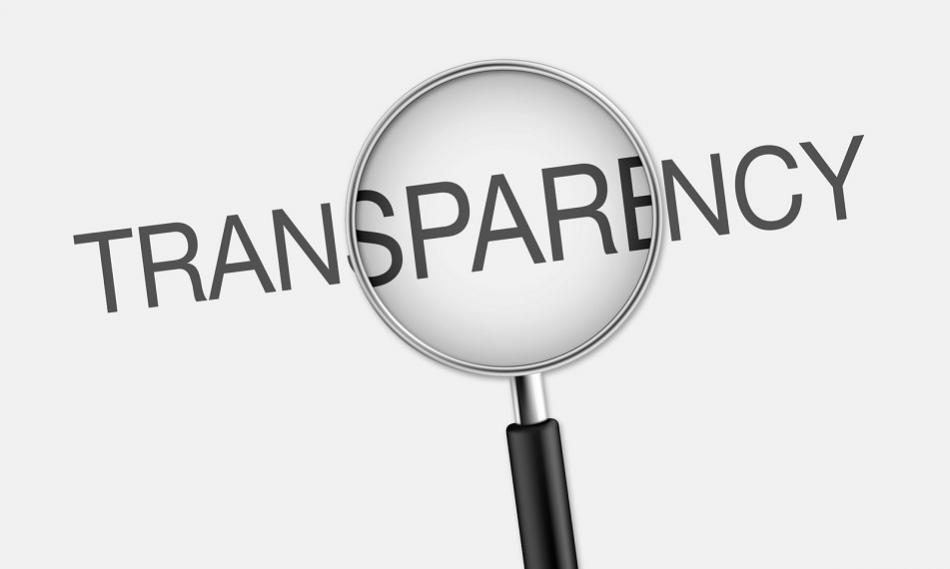Queensland research is providing new hope to immunocompromised people who are vulnerable to COVID-19.
Scientists from QIMR Berghofer have discovered promising evidence that T cell immunotherapy could help them to fight against multiple strains of the virus.
Lead researcher, Professor Corey Smith said while vaccination is very effective against COVID-19, it may not be enough for immunocompromised people who are at greater risk of getting sick and dying.
“This study gives us hope that we can develop a T cell-based immunotherapy capable of treating multiple COVID-19 variants in the sickest patients,” Professor Smith said.
T cells are white blood cells that specialise in killing infected cells, and there’s emerging evidence that they play an important role in protecting against COVID-19.
Researchers hope to take T cells from blood donors who have recovered from COVID-19, and train them in the lab to recognise and attack the virus in vulnerable patients.
The study shows they can generate T cells capable of recognising COVID-19 from a relatively small cohort of donors.
“We had 60 volunteers in Queensland generously donate their blood after recovering from COVID-19 so we could better understand immune responses to the virus and potentially develop a life-saving immunotherapy,” Professor Smith said.
“We learned that from a small number of COVID-exposed blood donors we can quite easily generate a bank of T cells that provide broad population coverage and can potentially target multiple virus variants.
“While more research is needed, we believe these findings offer critical proof-of-concept that T cell immunotherapy may help immunocompromised patients fight COVID-19.”
The T cells were generated in QIMR Berghofer’s cell therapy manufacturing facility, Q-Gen Cell Therapeutics.
The research has been possible thanks to a $5 million funding injection by the Queensland Government in 2020 which allowed QIMR Berghofer to expand and fast-track its COVID-19 research.
Professor Smith hopes his team will be able to start studying the therapy’s safety in coming months, ahead of broader clinical trials assessing its efficacy.
If the therapy proves successful, T cells could be matched to recipients and delivered via infusion to immunocompromised patients at risk of severe COVID, such as organ transplant recipients and cancer patients receiving chemotherapy.
“It won’t replace vaccination, but T cell immunotherapy could potentially offer another treatment option to select patients in niche settings,” Professor Smith said.
The study has been published in the journal PLOS Pathogens.







